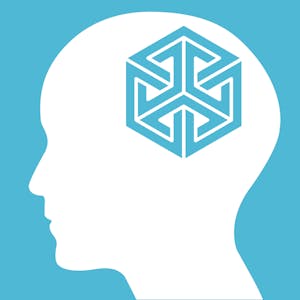Join this non-technical journey into the world of AI and the Illusion of Intelligence. Discover the history and future of AI, focusing on the creation of the illusion of intelligence. This course challenges the belief that AI will surpass human capabilities.
Certificate Available ✔
Get Started / More Info
AI and the Illusion of Intelligence comprises four modules that delve into the historical, philosophical, and technological aspects of AI. Explore the illusions of intelligence, the technology of language, the ability of computers to understand humans, and the potential evolution of AI as a new form of intelligence.
Week 1: Illusions of Intelligence
Week 2: The Technology of Language
Week 3: Will Computers Ever Understand Us?
Week 4: AI -- a New Kind of Being?
This specialization equips learners with advanced skills in computer graphics and virtual reality in Android, preparing them to design and develop immersive 3D and...
Cypress API test automation for absolute beginners is a 2.5-hour hands-on project covering backend (API) testing using Cypress. Learn to send GET, POST, PUT, PATCH,...
Java Object Basics: Functions, Recursion, and Objects is a hands-on course designed for learners with limited coding experience, offering a solid foundation in Java...
Test Your Build in the Debugger with IntelliJ IDEA